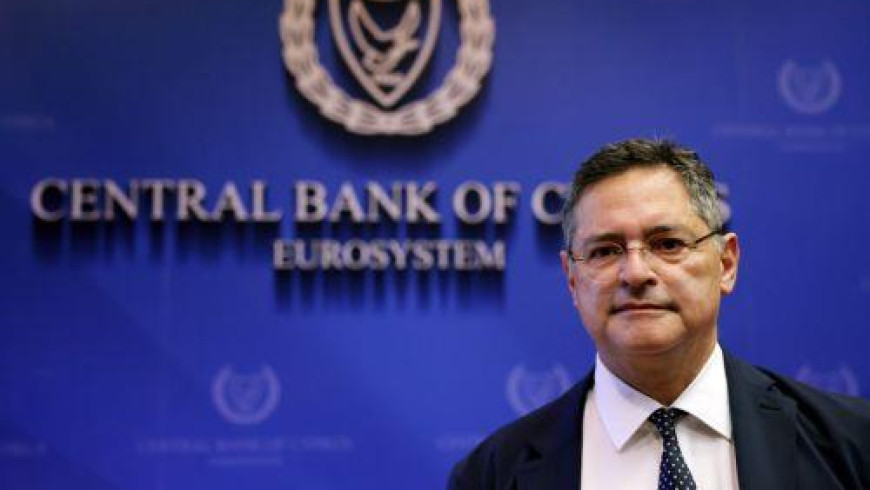
Nigeria and Venezuela have called on fellow members of the Opec club of oil producing nations' to raise the target price band for crude oil.
Oil prices last week hit $37, their highest level since the market was shaken by pre-Iraq war nerves.
The weak dollar means Opec ought to review its pledge to hold average oil prices within $22-28 a barrel, a top Nigerian official has said.
Opec has already said it will cut oil output in April to maintain prices.
Weaker dollar, stronger growth
Several Opec oil ministers responded by underscoring the cartel's commitment to slash production by 1 million barrels a day from 1 April.
Nigeria's appeal came from Edmund Daukoru, who is an energy advisor to the Nigerian president. He said changes to the price band were needed because of "a new equilibrium emerging" in the world economy.
He pointed to the "weakening dollar", implying that oil producing countries, many of whom are developing nations, are getting less for their dollar-denominated oil exports, and to a more robust world economy.
Mr Daukoru suggested that a target price of $30 a barrel would be more sustainable.
Venezuela's energy minister also said the issue of raising the target price band should be on the agenda of Opec's next meeting on 31 March.
"We have to discuss that. We don't have a formal proposal but the market situation is changing," said energy minister Rafael Ramirez.
Opec members produce about 40% of the world's oil supplies and are sitting on three-quarters of global proven reserves of oil.
Oil prices have been pushed up a shortage of petrol stocks in the US ahead of the summer season, when consumption is driven up by Americans taking to the roads.
But fears about political instability sparked by possible Al-Qaeda involvement in last week's bombing in Madrid that took at least 190 lives are also expected to keep prices high.
Brent crude, the market's benchmark, was trading at $32.50 a barrel in London on Monday morning.
Oil prices last week hit $37, their highest level since the market was shaken by pre-Iraq war nerves.
The weak dollar means Opec ought to review its pledge to hold average oil prices within $22-28 a barrel, a top Nigerian official has said.
Opec has already said it will cut oil output in April to maintain prices.
Weaker dollar, stronger growth
Several Opec oil ministers responded by underscoring the cartel's commitment to slash production by 1 million barrels a day from 1 April.
Nigeria's appeal came from Edmund Daukoru, who is an energy advisor to the Nigerian president. He said changes to the price band were needed because of "a new equilibrium emerging" in the world economy.
He pointed to the "weakening dollar", implying that oil producing countries, many of whom are developing nations, are getting less for their dollar-denominated oil exports, and to a more robust world economy.
Mr Daukoru suggested that a target price of $30 a barrel would be more sustainable.
Venezuela's energy minister also said the issue of raising the target price band should be on the agenda of Opec's next meeting on 31 March.
"We have to discuss that. We don't have a formal proposal but the market situation is changing," said energy minister Rafael Ramirez.
Opec members produce about 40% of the world's oil supplies and are sitting on three-quarters of global proven reserves of oil.
Oil prices have been pushed up a shortage of petrol stocks in the US ahead of the summer season, when consumption is driven up by Americans taking to the roads.
But fears about political instability sparked by possible Al-Qaeda involvement in last week's bombing in Madrid that took at least 190 lives are also expected to keep prices high.
Brent crude, the market's benchmark, was trading at $32.50 a barrel in London on Monday morning.














 3287.99
3287.99 1275.09
1275.09

